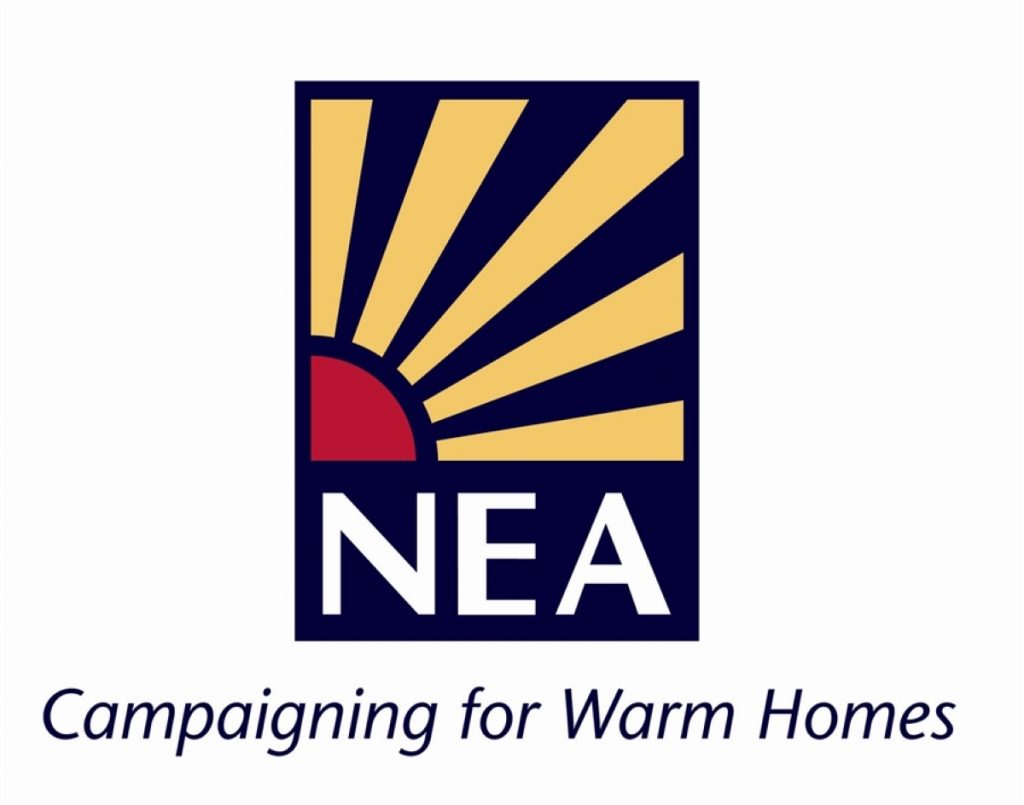NEA: Government decisions in the next few months ‘critical’ for fuel poverty
The Fuel Poverty Advisory Group, in its Annual Report published today, points out that the next few months will be critical for fuel poverty.
There will be 2.5m households in fuel poverty in England in 2007 – twice as many as there were in 2004, and the Government fuel poverty targets now look very challenging.
The report comments that the Government’s Energy Review was very disappointing, with very little on fuel poverty. However the Government will shortly be publishing its Energy White Paper and making decisions about the resources for the fuel poverty programmes for the three-year period from 2008-11. These will be important tests of the Government’s willingness to deliver its fuel poverty objectives.
Peter Lehmann, Chair of the Fuel Poverty Advisory Group, said: “We have estimated that fuel poverty programmes of about £1bn p.a. are needed to meet the targets and so it is vital that this is reflected in the decisions about the Government and energy companies’ fuel poverty programmes – Warm Front and the Energy Efficiency Commitment. These programmes not only lower the fuel bills of low-income households, but they also reduce carbon emissions.”
The report also underlines the importance of finding and targeting those households most in need – which could benefit from the fuel poverty schemes and which might also be eligible for benefits that they are not currently claiming. It calls for a high profile commitment across a number of Government departments to a programme aimed at finding such households.
Peter Lehmann added: “It is also very important that the prices paid by customers fall, to reflect the large reduction in wholesale prices. In addition, many low-income customers now pay much more than others for their fuel. For example households using prepayment meters now pay £120 p.a. more than those on direct debit – a gap nearly £50 larger than two years ago. It is very damaging for fuel poverty that the ‘poor pay more’ in this way.”
The report notes that the Government has provided significant resources for fuel poverty. However it needs now to act on a broader set of policies and to work in a more focussed way across Government departments. The report recommends that the Government should now draw up a Fuel Poverty Business Plan showing how progress will be made over a three-year period towards the fuel poverty targets.
Notes for Editors
A copy of the report is available from:
http://www.dti.gov.uk/energy/fuel-poverty/fpag/index.html
The actual PDF document is at www.dti.gov.uk/files/file38873.pdf
The Fuel Poverty Advisory Group is a group of external experts from a wide range of organisations who advise the Government on the practical measures needed to meet its targets of eradicating fuel poverty in England.
A household is in fuel poverty if it has to spend more that 10% of its income to warm its home and meet its other energy needs. In England the Government has a statutory target of eradicating fuel poverty, as far as is practicable, amongst vulnerable households by 2010 and all households by 2016.





-01.png)